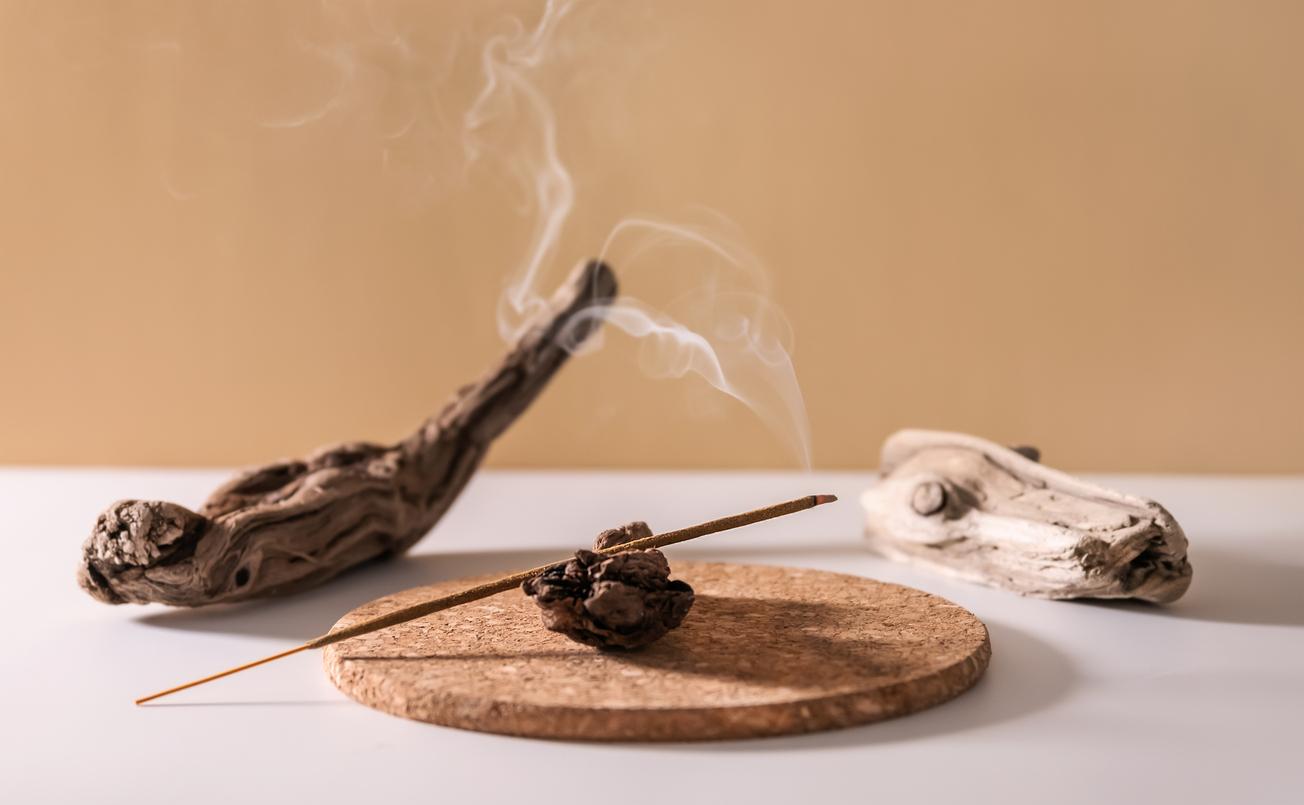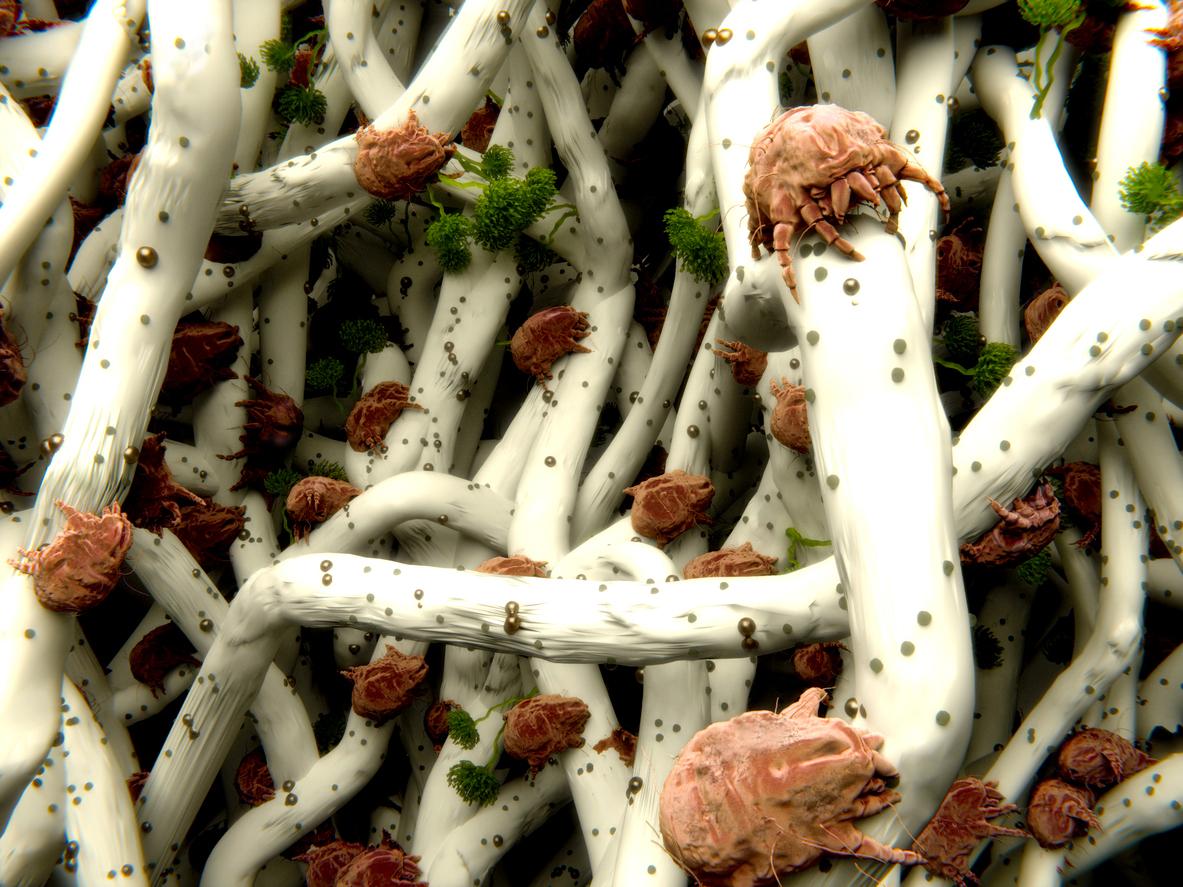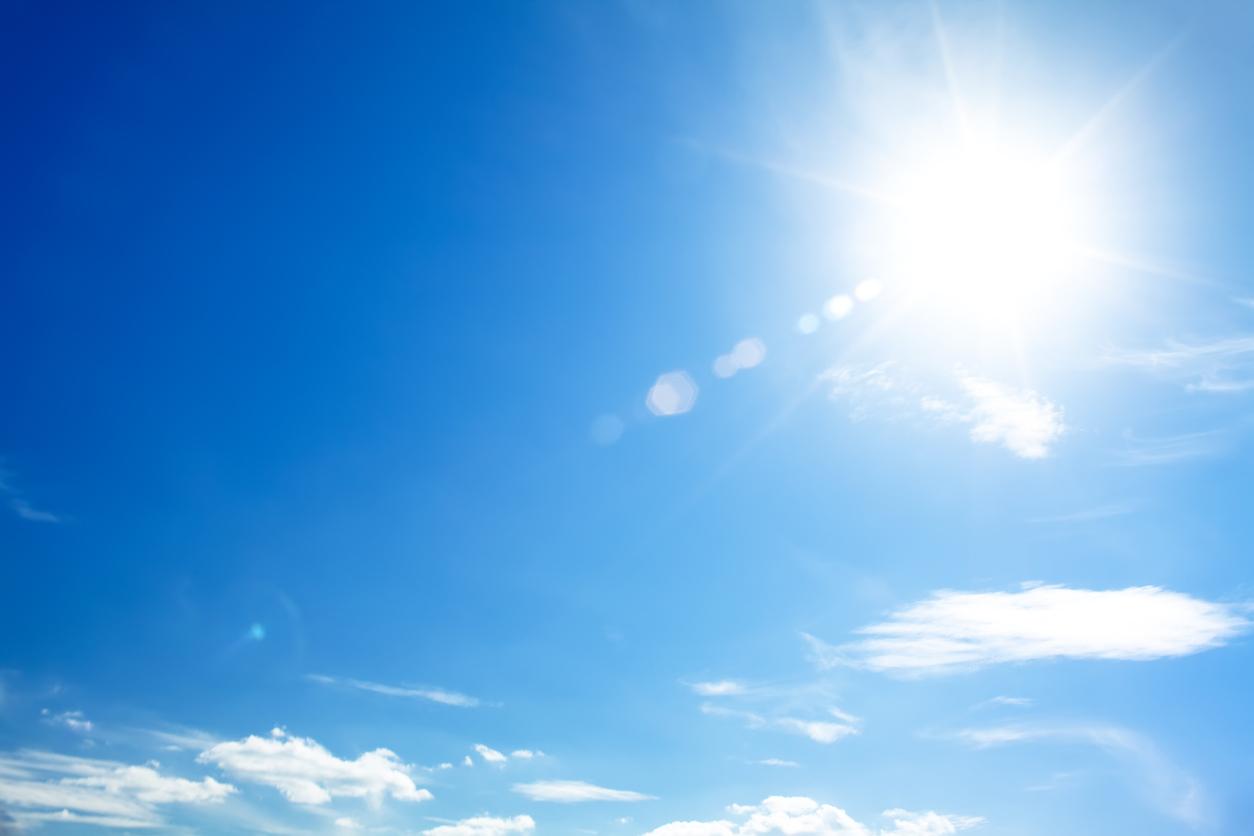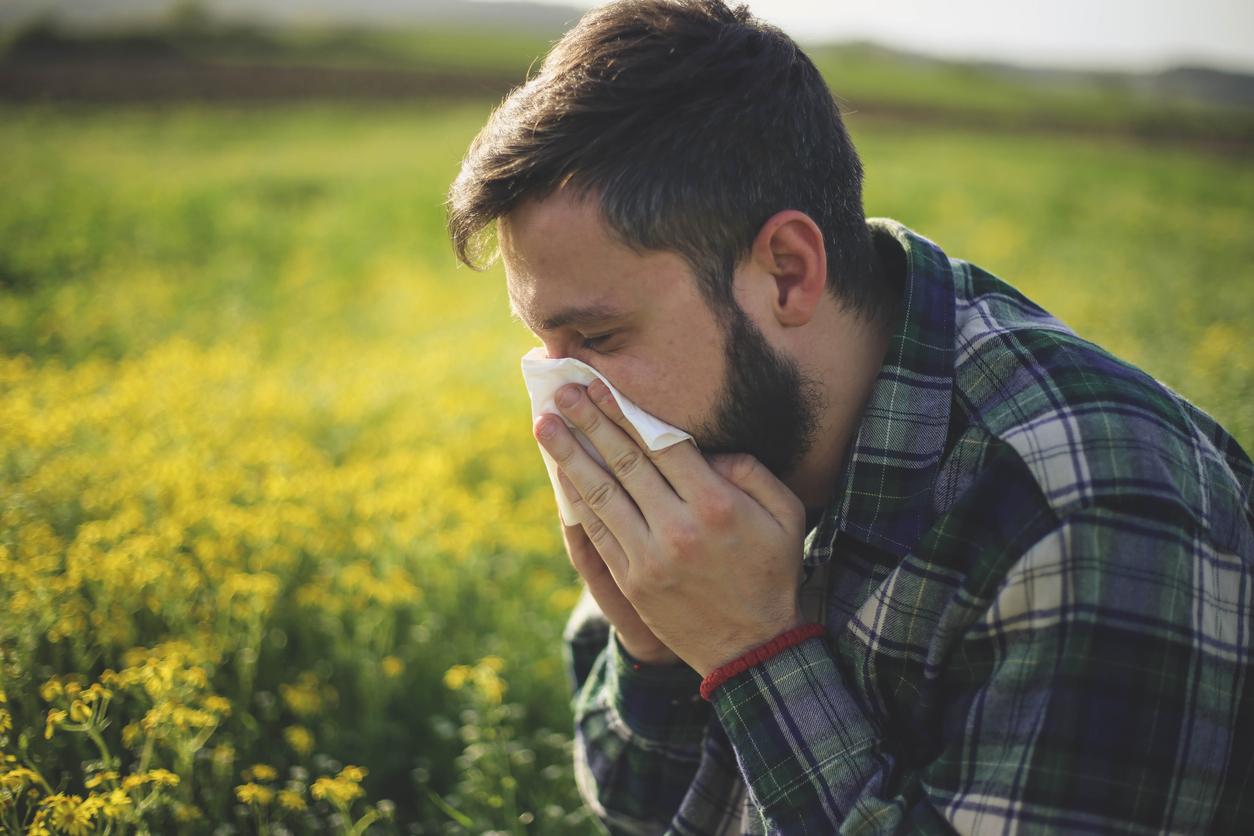The National Aerobiological Surveillance Network (RNSA) listed 25 plants pollen producers likely to trigger allergies. Among the trees, cypress and birch come first, ahead of alder, ash and oak, then hazel, willow, plane tree, hornbeam, lime and olive.
When the canopy rises majestically right outside the bedroom window, depriving yourself of this direct view can actually improve symptoms. But cutting down the tree does will not completely eliminate the allergy, because the pollens are disseminated very far in the air and we will not be able to escape those of the neighbors. In summary : “We should not spoil our lives more with the eviction measures than with the allergy itself”, concludes Dr Silcret-Grieu, allergist.
The same protein that makes you allergic to birch pollen is found in some fruits. This is why more and more people, one fine day, cannot stand cherry, peach, nectarine, plum, kiwi, hazelnut, and especially apple (itchy palate, sneezing, edema of the lips). That’s what we call a “” cross allergy “.
Should we be wary of certain houseplants?
Some green plants can actually trigger allergies, including ficus benjamica, whose leaves and stem contain a substance from the same family as latex. It is not necessary to touch it, it is enough to pass by it to trigger respiratory manifestations. “Its pollens can cause cross-food allergies to fig”, specifies Dr Silcret-Grieu. It is also necessary to be wary of other almost as frequent species, such as the philodendron (whose allergen is localized in the sap) or the velvetleaf, whose nuisance lies this time in the magnificent flowers.
Can we limit the entry of pollen?
Impossible to escape altogether pollens when we are allergic to them,like one in three French people. However, their concentration can be reduced indoors, which will lessen the severity of the respiratory reactions. The majority of allergic people think of closing the windows when the neighbor mows the lawn, but few know that it is better to avoid opening them also at the end of the day and at night, when pollens are abundant. Unless it’s raining, which sticks unwanted people to the ground.
Other effective measures: change your clothes when you get home, take a shower and rinse your hair to avoid depositing pollens all over the house, especially on the pillow.
Read also :
An application to anticipate pollen peaks
Seasonal allergies: 4 natural remedies to have on hand
Allergic rhinitis: how to fight fatigue


















